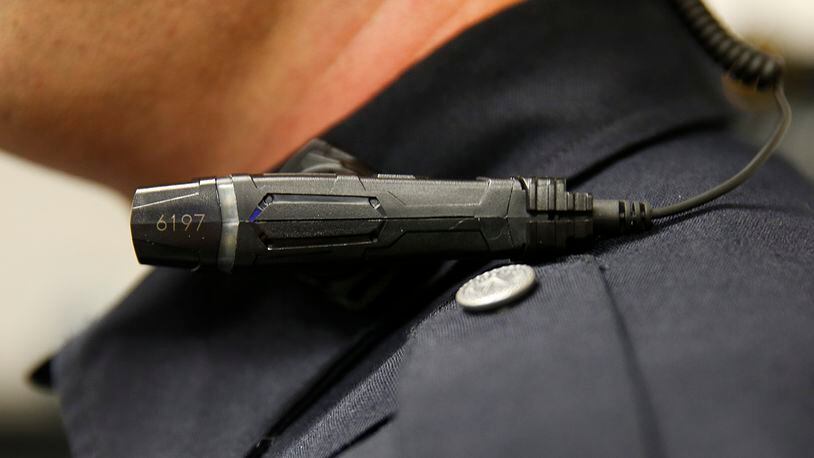>> Read more trending stories
The Leadership Conference on Civil and Human Rights released an evaluation of the programs in place in major cities across the country. As of August 2016, of the 68 "major city" departments in the U.S., 42 now have body-worn camera programs with policies in place.
"Transparency and accountability doesn't come automatically just because a police department has decided to buy cameras," said Harlan Yu, the author of the study.
The study found that many law enforcement agencies do not allow people who were recorded by a body-worn camera to have access to the footage. Instead, it is often only available if attorneys or members of the media file public records requests.
"Departments need to put special access provisions into place for individuals recorded by cameras," said Yu.
The study found at least one major department doing just that. The Metropolitan Police Department of the District of Columbia expressly allows a recorded individual to request to view footage.
The .S. Department of Justice awarded $20 million in grants for body cameras last fall. The grants require training and also written plans and procedures for how the cameras will be used. The Justice Department leaves it up to local departments to draft those rules.
About the Author
